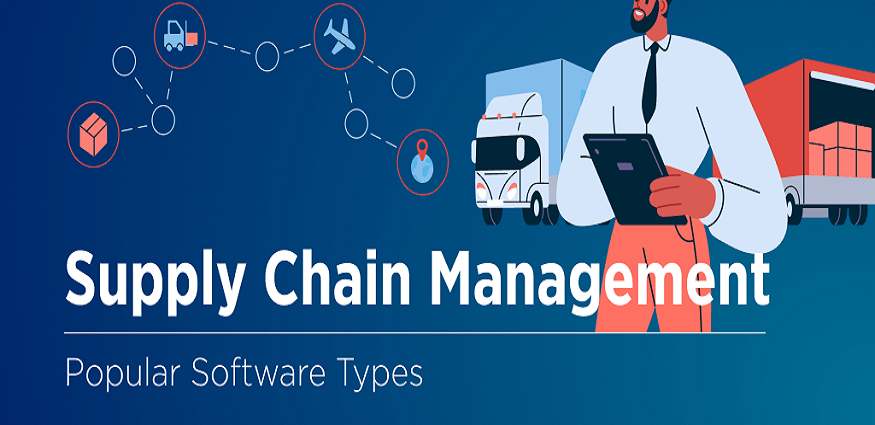In today’s business environment, sustainability and efficiency are paramount. Companies are increasingly recognising the importance of integrating sustainable practices into their operations, not just for regulatory compliance, but also for long-term profitability and brand reputation. One area where this integration can be particularly impactful is in the intersection of Supply Chain Management (SCM) and carbon management. SCM management software offers a robust solution for companies looking to enhance their carbon management plans.
Understanding SCM Management Software
SCM management software is designed to optimise and streamline the supply chain process. It enables businesses to plan, execute, and monitor every aspect of their supply chain operations, from procurement of raw materials to delivery of the final product. Key features often include inventory management, demand forecasting, logistics management, and supplier collaboration. By providing real-time visibility and control over the supply chain, SCM management software helps companies to reduce costs, improve efficiency, and respond swiftly to market changes.
The Importance of a Carbon Management Plan
A carbon management plan outlines a company’s strategy for reducing its carbon footprint. This includes identifying sources of greenhouse gas emissions, setting reduction targets, and implementing measures to achieve these goals. A well-structured carbon management plan is essential for meeting environmental regulations, reducing energy costs, and enhancing corporate social responsibility (CSR) initiatives. It can also play a critical role in maintaining competitiveness as consumers and stakeholders increasingly favour environmentally responsible companies.
How SCM Management Software Enhances Carbon Management
Improved Data Collection and Analysis
SCM management software provides comprehensive data collection and analysis capabilities. This data is crucial for understanding the carbon footprint of different supply chain activities. By leveraging this software, companies can accurately track emissions from various sources, such as transportation, manufacturing, and warehousing. The software can also generate detailed reports that help identify high-emission areas and opportunities for improvement.
Optimised Logistics and Transportation
Transportation is a significant contributor to carbon emissions in the supply chain. SCM management software can optimise logistics and transportation routes, reducing fuel consumption and emissions. Features such as route planning, load optimisation, and real-time tracking ensure that goods are transported in the most efficient manner possible. Additionally, the software can facilitate the use of greener transportation options, such as electric vehicles or rail transport, further reducing the carbon footprint.
Efficient Inventory Management
Overstocking and understocking can lead to increased emissions due to excess storage and rush orders requiring expedited shipping. SCM management software helps maintain optimal inventory levels by accurately forecasting demand and managing stock levels. This minimises the need for emergency shipments and reduces the energy consumption associated with storage facilities.
Supplier Collaboration and Management
A significant portion of a company’s carbon footprint can be attributed to its suppliers. SCM management software enables better collaboration and communication with suppliers, ensuring they adhere to sustainable practices. The software can also track and evaluate supplier performance on sustainability metrics, helping companies make informed decisions when selecting partners.
Enhanced Transparency and Reporting
Transparency is critical for effective carbon management. SCM management software provides real-time visibility into supply chain operations, making it easier to monitor and report on carbon reduction efforts. This transparency not only helps in meeting regulatory requirements but also builds trust with consumers and stakeholders who are increasingly demanding transparency in environmental practices.
Conclusion
Integrating SCM management software into a carbon management plan offers numerous benefits for companies striving to become more sustainable. By improving data collection and analysis, optimising logistics, managing inventory efficiently, collaborating with suppliers, and enhancing transparency, this software enables businesses to reduce their carbon footprint significantly. In an era where sustainability is no longer optional but essential, leveraging SCM management software can provide a competitive edge and contribute to a greener future.

